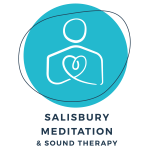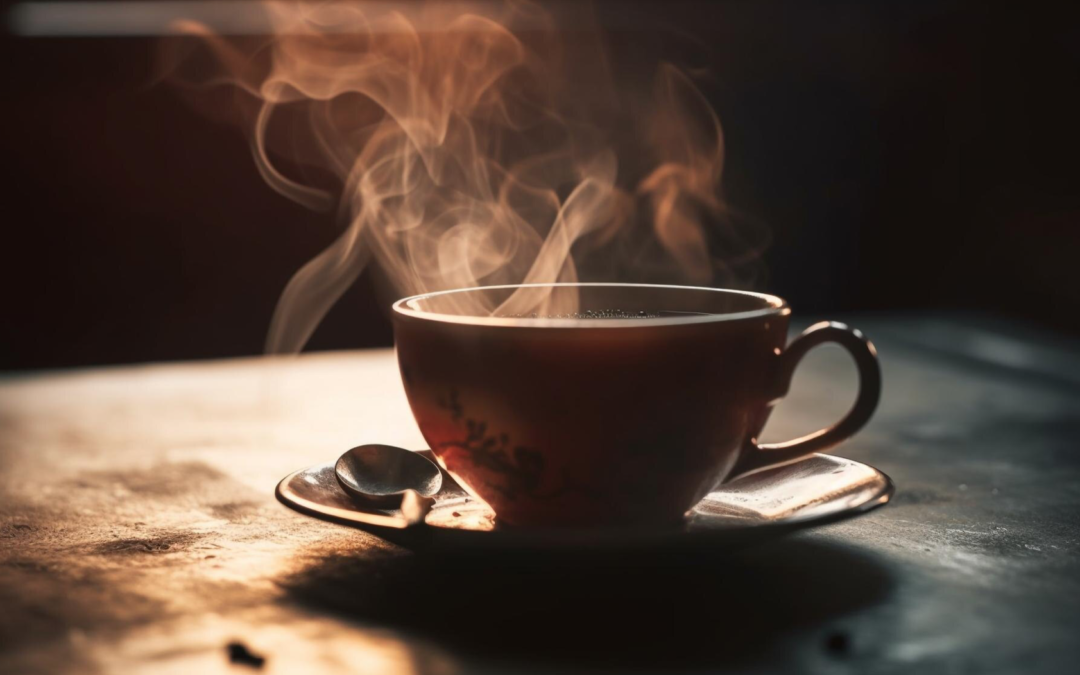1. Increase bright light exposure during the day
Natural sunlight or bright light during the day helps keep your circadian rhythm healthy. This improves daytime energy, as well as nighttime sleep quality and duration.open your curtains as soon as you wake up, and make sure you get outside for a brisk walk in the crisp winter sunshine. Try to get as much natural daylight as possible during the day. If you can’t physically get outside, you can use an SAD light box in the morning to mimic the effects of bright sunlight. This can be helpful to make you feel more alert as well as happier, but don’t use it too late in the day or else you will struggle to get to sleep at night.

2. Reduce blue light exposure in the evening
Blue light in the evening tricks your brain into thinking it’s still daytime. This reduces hormones like melatonin, which help you relax and get deep sleep.
There are several methods you can use to reduce nighttime blue light exposure.
- Wear glasses that block blue light
- Download an app on your computer and smartphone to block blue light
- Use your phones settings to use a blue light filter past a certain time
- Stop watching TV and turn off any bright lights 2 hours before heading to bed.
3. Don’t consume caffeine late in the day
Caffeine has numerous benefits, however, when consumed late in the day, caffeine stimulates your nervous system and may stop your body from naturally relaxing at night.Caffeine can stay elevated in your blood for 6–8 hours. Therefore, drinking large amounts of coffee after 3–4 p.m. is not recommended.
4. Reduce naps
While short power naps are beneficial, long or irregular napping during the day can negatively affect your sleep as they can confuse your internal clock, meaning that you may struggle to sleep at night.
If you take regular daytime naps and sleep well, you shouldn’t worry. The effects of napping depend on the individual but if you have trouble sleeping at night, stop napping or shorten your naps.

5. Try to sleep and wake at consistent times
Your body’s circadian rhythm functions on a set loop, aligning itself with sunrise and sunset.
Being consistent with your sleep and waking times can aid long-term sleep quality, so try to get into a regular sleep/wake cycle — especially on the weekends. If possible, try to wake up naturally at a similar time every day.
6. Natural or herbal supplements
Several supplements can induce relaxation and help you sleep, including:
- Ginkgo biloba: A natural herb with many benefits, it may aid sleep, relaxation, and stress reduction.
- Valerian root: Several studies suggest that valerian can help you fall asleep and improve sleep quality.
- Magnesium: can improve relaxation and enhance sleep quality.
- L-theanine: An amino acid, L-theanine can improve relaxation and sleep.
- Lavender: A powerful herb with many health benefits, lavender can induce a calming and sedentary effect to improve sleep.
Make sure to only try these supplements one at a time. While they’re not a magic bullet for sleep issues, they can be useful when combined with other natural sleeping strategies.
7. Limit alcohol
Having a couple of drinks at night can negatively affect your sleep and hormones. Alcohol alters nighttime melatonin production, which plays a key role in your body’s circadian rhythm and increase the symptoms of sleep apnea, snoring, and disrupted sleep patterns.

8. Optimise your bedroom environment
Many people believe that the bedroom environment and its setup are key factors in getting a good night’s sleep. These factors include temperature, noise, external lights, and furniture arrangement.
To optimise your bedroom environment, try to minimise external noise, light, and artificial lights from devices like alarm clocks. Make sure your bedroom is a quiet, relaxing, clean, and enjoyable place.
9. Temperature
Body and bedroom temperature can also profoundly affect sleep quality – increased body and bedroom temperature can decrease sleep quality and increase wakefulness.
Around 20°C seems to be a comfortable temperature for most people, although it depends on your preferences and habits.
10. Don’t eat late
Consuming a large meal before bed can lead to poor sleep and hormone disruption. However, certain meals and snacks a few hours before bed may help.

11. Wind down time
You could embrace the dark winter nights by snuggling inside by candlelight with a good book and spend some time reading before deciding to sleep.
Many people have a pre-sleep routine that helps them relax. Relaxation techniques before bed have been shown to improve sleep quality and are another common technique used to treat insomnia.
Strategies include listening to relaxing music, reading a book, taking a hot bath, meditating, deep breathing, and visualisation. Try out different methods and find what works best for you!
12. Take a relaxing bath or show
A warm bath, shower, or foot bath before bed can help you relax and improve your sleep quality.
13. Check your bed, mattress & pillow
Your bed, mattress, and pillow can greatly affect sleep quality and joint or back pain. Try to buy a high quality mattress with appropriate support for your sleeping style (The best mattress and bedding are extremely subjective).
If you haven’t replaced your mattress or bedding for several years, this can be a very quick, although possibly expensive fix.

14. Exercise (but not before bed)
Exercise is one of the best science-backed ways to improve your sleep and health. It can enhance all aspects of sleep and has been used to reduce symptoms of insomnia.
With the cold dark winter evenings, exercise may be the last thing you want to do. However, exercise in the later afternoon will help you from falling asleep on the sofa, and will improve your sleep. If going for a run in the cold rain doesn’t appeal, you could embrace some winter activities such as ice skating in an outdoor rink, or play some indoor sports such as tennis or swimming.
15. Don’t drink liquids to close to bedtime
Nocturia is the medical term for excessive urination during the night. Drinking large amounts of liquids before bed can lead to similar symptoms, though some people are more sensitive than others.
Although hydration is vital for your health, it’s wise to reduce your fluid intake in the late evening. If peeing in the night is an issue for you, try to not drink any fluids 1–2 hours before going to bed.











Recent Comments